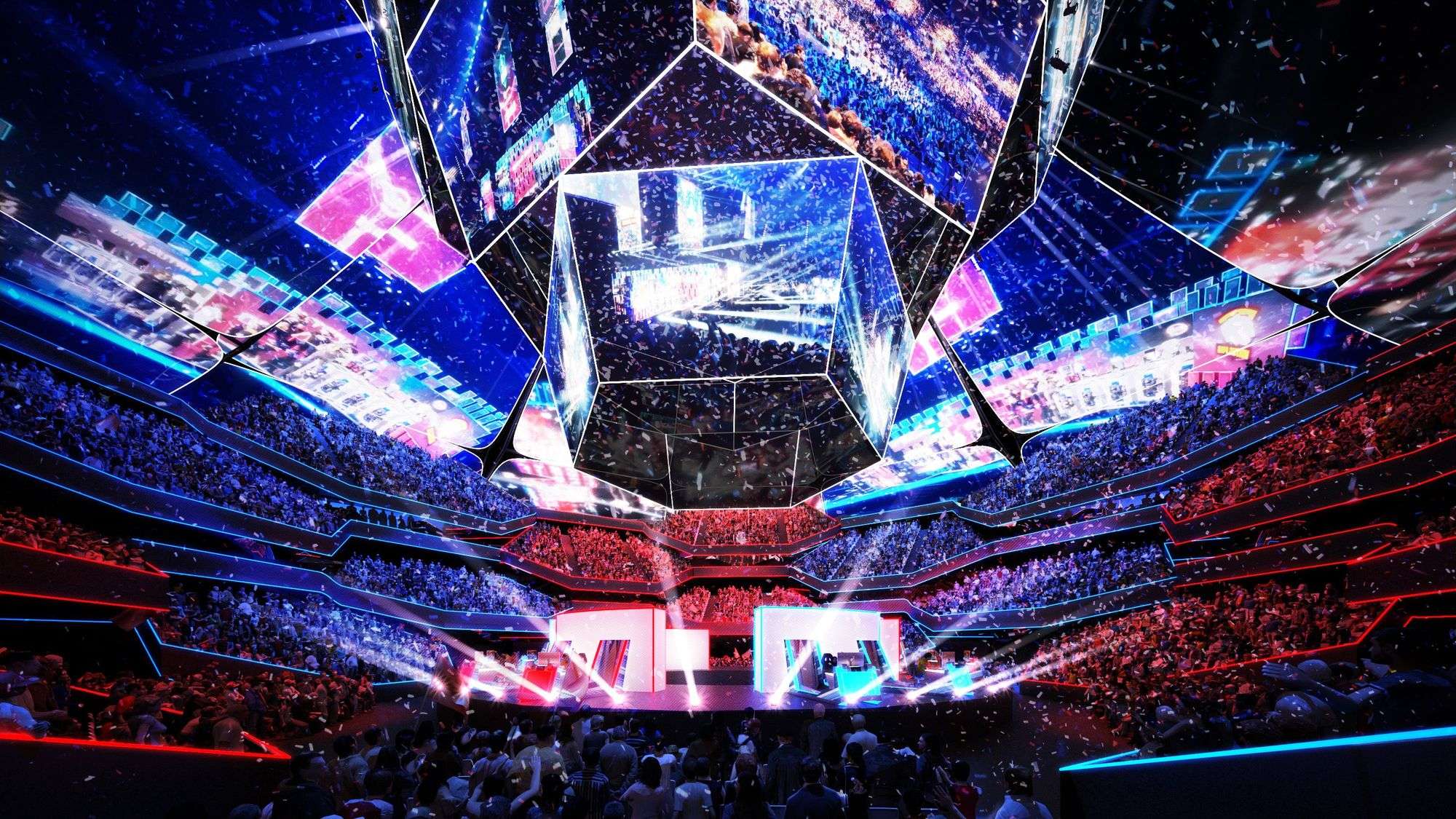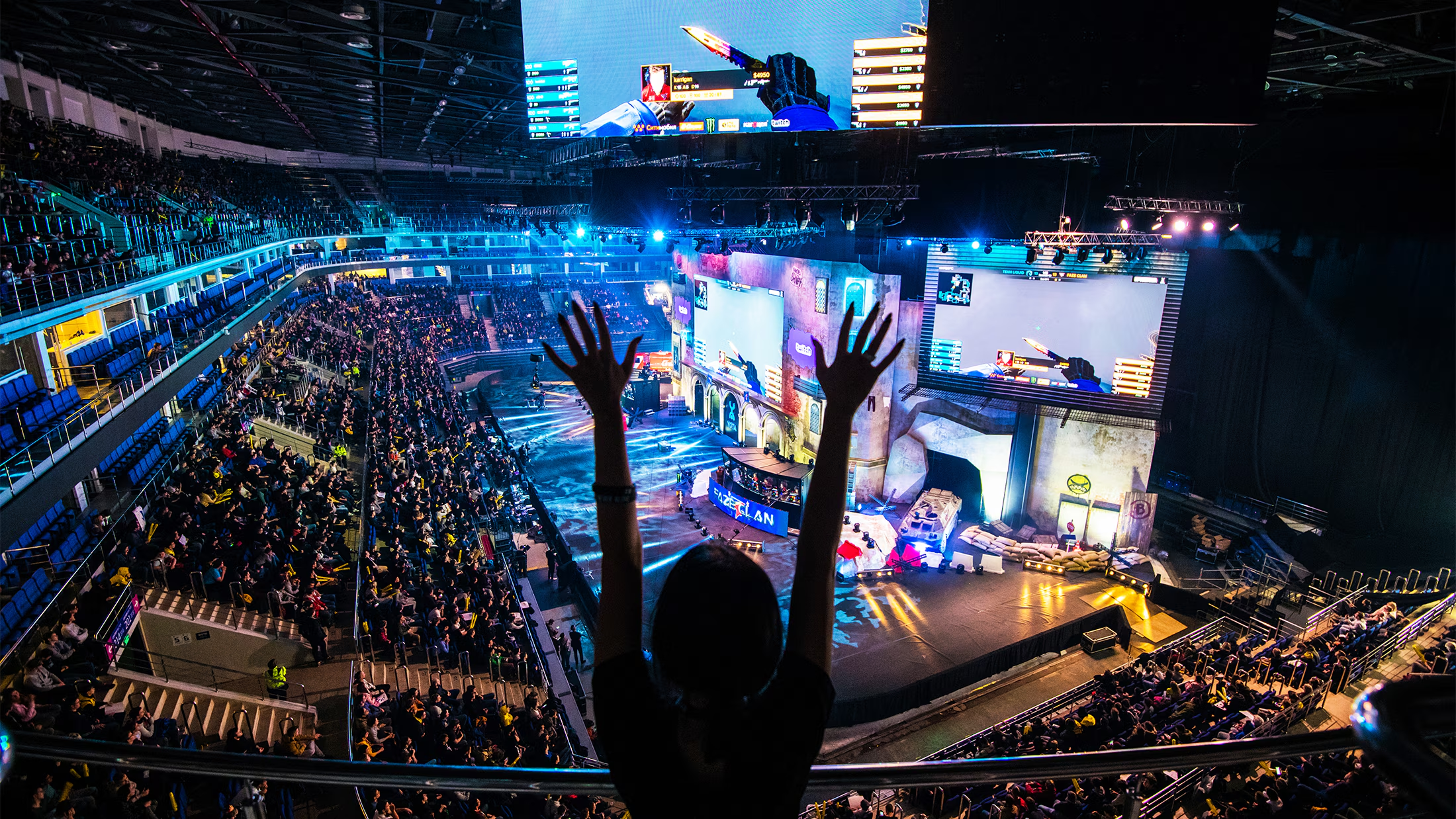The esports industry has rapidly evolved over the past decade, emerging from a niche activity to a global powerhouse that rivals traditional sports in viewership and financial growth. However, despite its meteoric rise, questions about the sustainability of esports are becoming more prominent. Many are wondering: Is the esports bubble about to burst, or is this just the beginning of an even bigger boom?
Let’s explore the current state of esports, the challenges it faces, and why some experts believe that the industry is just scratching the surface. By breaking down key trends and challenges, we’ll provide insights into what the future of esports might hold.
1. The Explosive Growth of Esports Viewership
One of the primary drivers of the esports boom has been the surge in viewership. In 2020, the esports audience exceeded 400 million, with projections showing this number continuing to rise in the coming years. A significant portion of this viewership comes from younger demographics, particularly Gen Z and millennials, who are increasingly turning to gaming as a form of entertainment rather than traditional sports.
The growth in viewership is not just confined to major tournaments but also extends to casual streaming platforms like Twitch and YouTube. Esports has tapped into the power of streaming, making it more accessible to fans globally. This constant engagement fuels sponsorships, media rights deals, and merchandise sales, which are pivotal in sustaining the industry’s economic structure.

2. Investment Surge and Big Brands Entering the Market
Esports have seen substantial investment from both venture capitalists and established brands looking to tap into this growing market. Over the past few years, top-tier gaming organizations have secured multi-million-dollar sponsorships and media deals, further bolstering the industry’s financials. Companies like Coca-Cola, Intel, and Nike are no longer just spectators but active participants, providing crucial funding and boosting the legitimacy of esports as a mainstream activity.
This influx of investment has helped uplift esports infrastructure, including the development of state-of-the-art arenas, player facilities, and broadcasting platforms. With deep-pocketed investors entering the space, the terrain market has seen a diversification in revenue streams—from traditional sponsorship deals to innovative in-game item sales and virtual ticketing for online events. These developments suggest that the growth of esports is not a passing trend but rather a sign of its permanence in the entertainment industry.
3. Sustainability Concerns and the Bubble Hypothesis
Despite the optimistic outlook for esports, concerns about its sustainability persist. Some critics argue that the esports industry has grown too quickly, relying heavily on investments and sponsorships rather than self-sustaining revenue streams. The rapid expansion has resulted in an oversaturation of tournaments and leagues, many of which struggle to generate consistent profits.
This has led to fears that the esports bubble could burst if investment dries up or if fan interest wanes. The pandemic, which accelerated the adoption of esports as people sought entertainment during lockdowns, further raised questions about the long-term stability of the industry. As normalcy returns and traditional sports regain their audience, there’s a looming possibility that esports could face a downturn, particularly if its growth is not supported by strong fundamentals.

4. The Future of Esports: Growth or Decline?
Despite the challenges, the future of esports appears to be bright. Industry experts argue that esports is poised for long-term growth, driven by its digital-first nature and the increasing convergence of gaming with other forms of entertainment, including virtual reality (VR) and augmented reality (AR). With technological advancements and the expanding reach of high-speed internet, esports will continue to thrive in new forms and on new platforms.
Moreover, esports are starting to gain legitimacy with traditional sports organizations. Major sports leagues like the NFL and NBA have established esports leagues, and universities are incorporating esports into their athletic programs. These partnerships bring a level of credibility and institutional support that suggests esports is not just a passing fad but an emerging mainstream sector in global entertainment.




